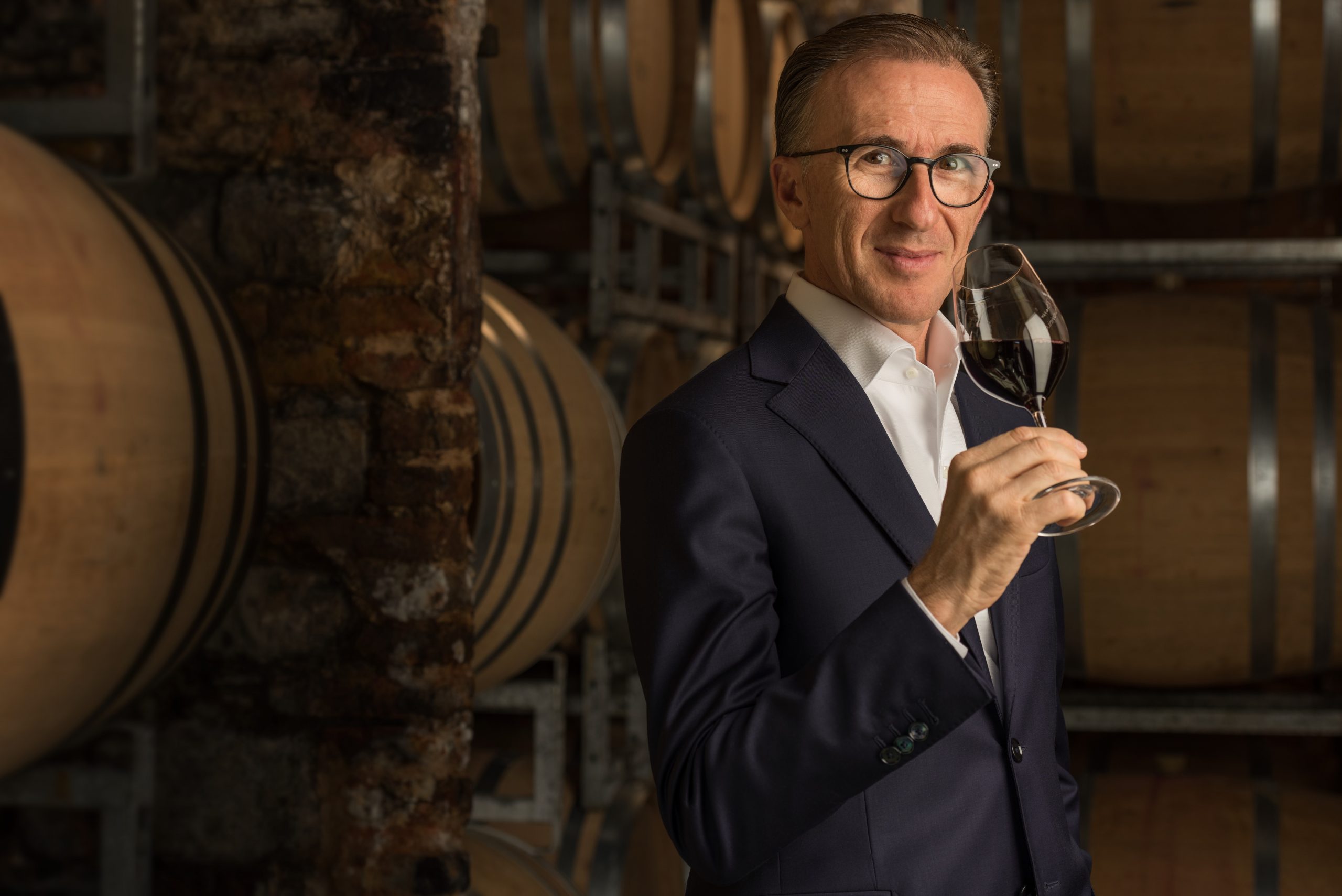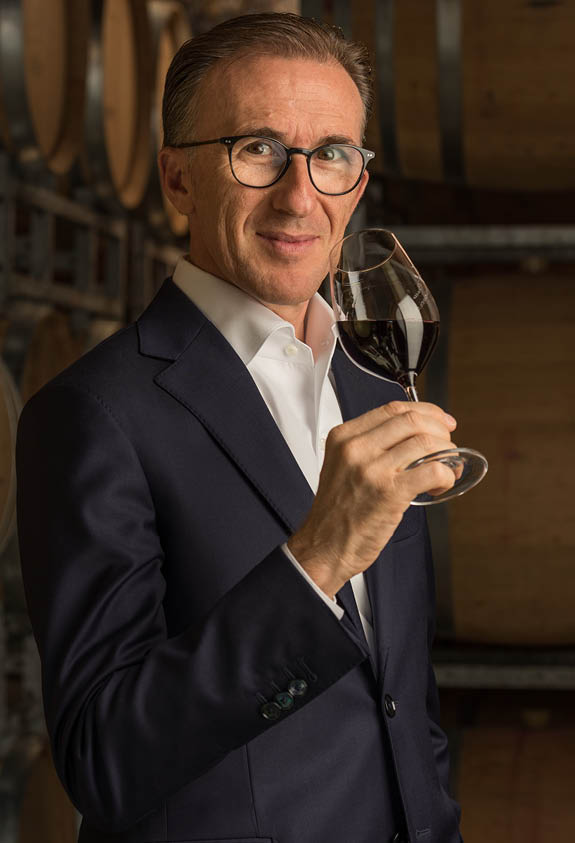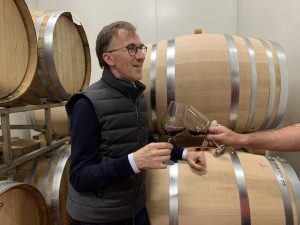


Good wine is at the heart of good hospitality; and for many people the appreciation of fine wine is an essential element of a life well lived. So we are delighted that our Living Well section will feature an occasional column by a true star in the world of oenology: World’s Best Sommelier, and Glion Visiting Lecturer, Paolo Basso.
For my first column, I’m going to talk a little about the sensory aspects of wine, and how we can build our appreciation of the beauty and complexity of this mysterious and celebrated drink.

I started to appreciate wine when I was studying at a hotel school in my native Italy back in the 1980s. I found wine to be the most difficult subject to master and the most complicated product to understand. But that very complexity was also hugely attractive to me! You could say wine is the most demanding and varied topic of all to study, because you have geology, botany, climatology, chemistry, physics, psychology … and a big helping of mystery!
The mystery begins to lift the more we study and cultivate the art of wine tasting. This is a multi-sensory experience, with a powerful connection to our senses of sight, smell and taste.
Taste ‘blind’ if you can
I mention ‘sight’ because this can influence our evaluation of wine; but for me it shouldn’t. Smell and taste are key; and for this reason I would always say it is better to taste ‘blind’. That means without seeing the label. Otherwise we are influenced by the shape of the bottle, by the packaging, the brand, the origin, the producer… all of this takes away from our true appreciation of the wine itself.
Our appreciation can be unlocked by us reactivating our senses of smell and taste. What do I mean by this? When we are born these senses perform very well; but then as we get older we neglect to stimulate them sufficiently, so they ‘fall asleep’. The good news is that it is perfectly possible to wake up your senses of taste and smell, and one of the best ways is to use an olfactory stimulation/wine aroma kit – of which this, Le Nez du Vin, is my recommendation.
Once we have woken these sensations up, we must study what the sensations we feel in wine correspond to. Let me give you an example: if you smell caramel in wine, you shouldn’t think ‘how good’ – because in fact this smell indicates that the wine has an oxidation defect!
I mentioned tasting ‘blind’ earlier, but there are other factors that influence our sensory perception of wine – and these are true whether you are sampling reds or whites. A lot is said about glassware, for instance, and I can confirm that the shape and quality of the glassware will greatly influence the perception of the wine’s sensory qualities. Don’t ask me to explain exactly why – these are secrets that the makers of the finest glassware jealously guard!
The environment factor
Environment can also play a major role in our perception of the wine we drink. This is why for technical tastings the environment is deliberately made as neutral as possible. A good taster will also train him- or herself not to be influenced by any external elements.
For everyday appreciation of wine, a nice environment is a good thing, although it can have its pitfalls. How many times have you fallen in love with a wine while on a wonderful holiday, bought a few bottles to take home, only to find it far less pleasant to drink outside of the positive and euphoric holiday environment?
Although there are many excellent aperitifs on the market, a good wine is a highly enjoyable accompaniment to a meal. To make the most of this sensory experience, matching is essential. There are some ingredients that I call ‘wine killers’. Everything that is acid, bitter or sweet (the latter for dry wines) can spoil our perception of wine.
If this piece has sparked your interest in finding out more about the sensory appreciation of wine, I would suggest the three books below as a good starting point. But I would also strongly recommend that you study with the support of an expert, because the knowledge of wine, in addition to the theory, is something that requires a great deal of experience.
Paolo’s recommended reading:
The World Atlas of Wine 8th Edition
The Oxford Companion to Wine
The Taste of Wine: The Art and Science of Wine Appreciation
For more about Paolo, and the range of wines he produces, visit his website Paolo Basso Wine
Practice the art of world-class hospitality
Find out more about our Bachelor’s in International Hospitality Business, including the Practical Arts semester for which Paolo Basso is a Visiting Lecturer.


















